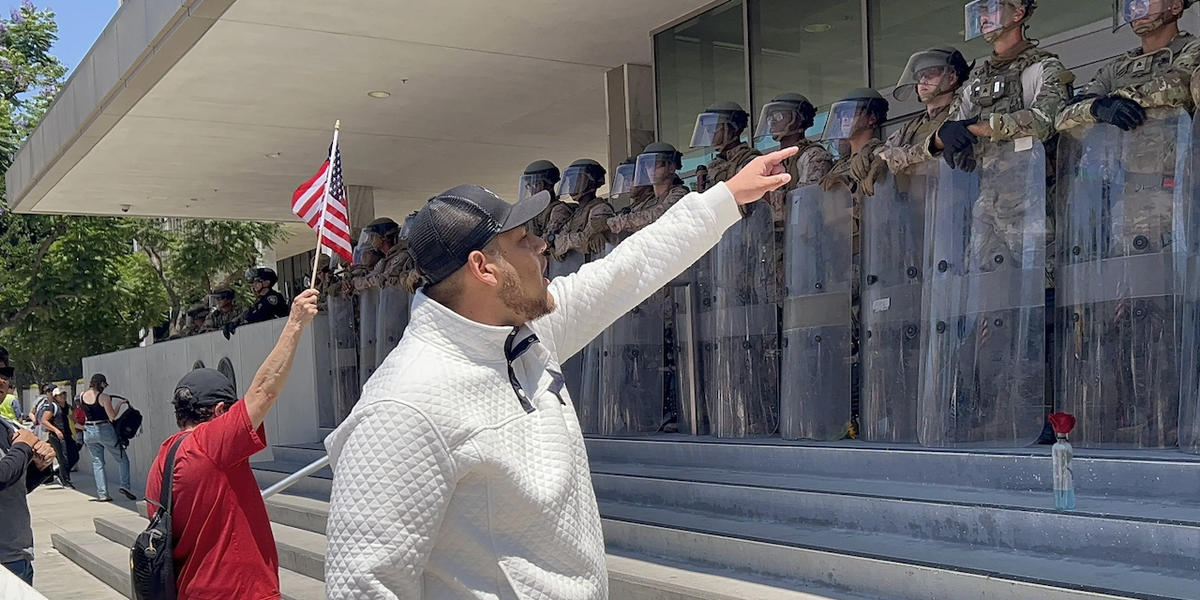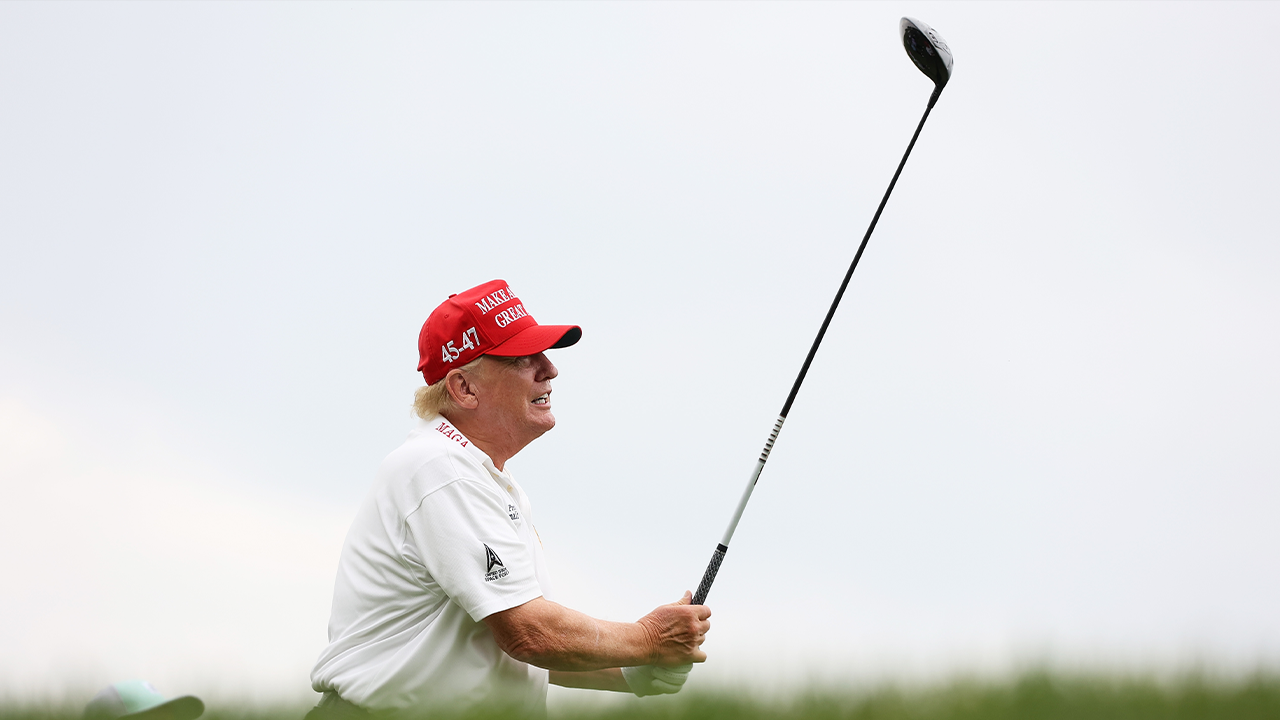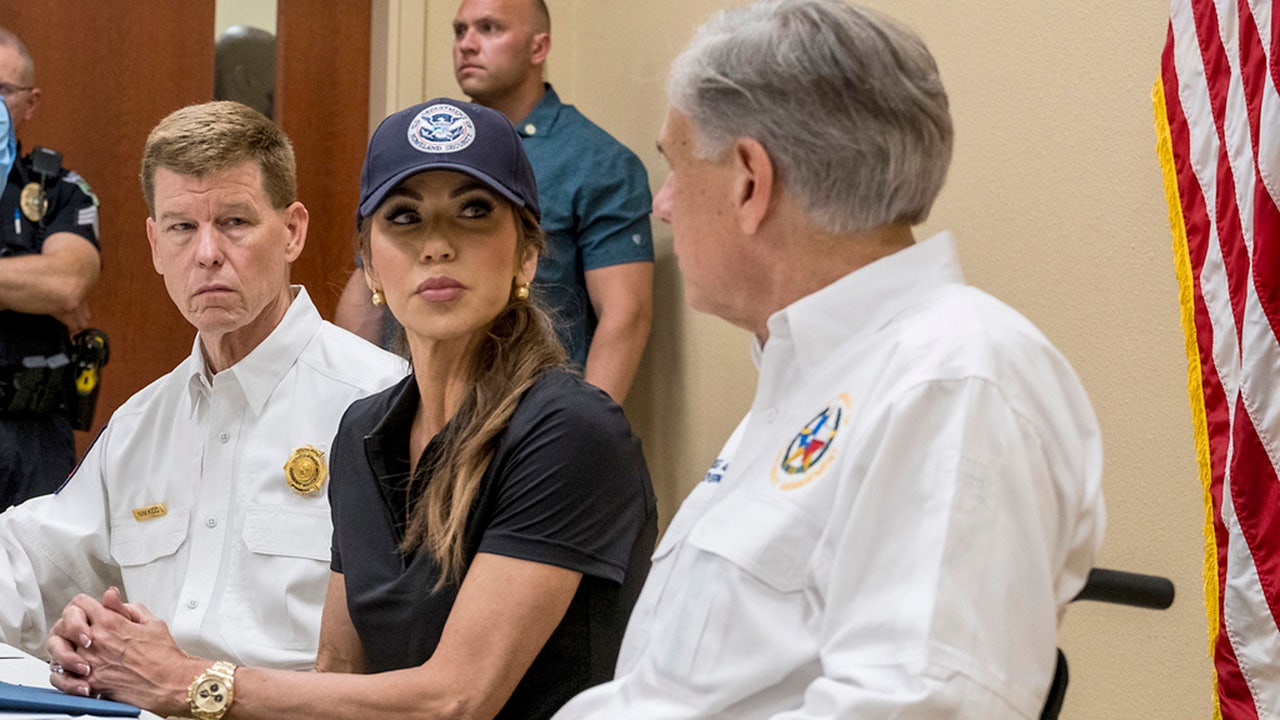President Donald Trump began a high-level visit to the Persian Gulf this week, seeking to bolster economic partnerships and defense agreements with three key U.S. allies in the region: Saudi Arabia, the United Arab Emirates, and Qatar.
The trip is Trump’s first major foreign tour since beginning his new term in office and comes amid heightened tensions in the Middle East.
The White House framed the visit as part of a broader diplomatic strategy linking economic development to regional stability.
Trump’s Sovereign Wealth Fund: What Could It Mean For Your Money?
“Extremism is defeated [through] commerce and cultural exchanges,” said White House press secretary Karoline Leavitt.
The three-day trip comes as nuclear negotiations with Iran remain stalled and conflict between Israel and Hamas continues in the Gaza Strip.
Trump’s itinerary avoids a stop in Israel, a notable omission as regional discussions around normalization and defense take place without direct Israeli involvement.
This Could Be the Most Important Video Gun Owners Watch All Year
In Saudi Arabia, Trump met with Crown Prince Mohammed bin Salman to discuss major economic agreements.
Saudi Arabia has already committed to $600 billion in investment across U.S. industries, including arms purchases, artificial intelligence, and market partnerships.
JUST IN: President Trump and Crown Prince Mohammed bin Salman sign a series of agreements on energy, defense, and other areas… A $600,000,000,000.00 investment into America!
pic.twitter.com/GEnilJ1dZK— Gunther Eagleman™ (@GuntherEagleman) May 13, 2025
Trump suggested the final investment figure could approach $1 trillion.
“We have the biggest business leaders in the world here,” Trump said during a bilateral meeting with the crown prince.
“They’re going to walk away with a lot of checks, a lot of things that you’re going to provide. And the United States has probably 2 million jobs that we’re talking about this visit.”
“We have the biggest business leaders in the world here today,” says @POTUS in Riyadh.
“In the United States, it’s probably two million jobs that we’re talking about — this visit.” pic.twitter.com/qbByPKEpgb
— Rapid Response 47 (@RapidResponse47) May 13, 2025
Defense discussions between the two leaders also included potential cooperation on a civil nuclear energy program.
Such agreements were once seen as paving the way for a U.S.-brokered normalization deal between Saudi Arabia and Israel.
However, Saudi officials have reiterated that formal ties with Israel remain contingent on recognition of Palestinian statehood.
“Israeli normalization in any Saudi-U.S. project is an outdated option,” said Saudi analyst Salman Al-Ansari.
“The second Trump administration is doubling down on its strategically autonomous Middle East policy.”
As a potential goodwill gesture ahead of Trump’s arrival, Hamas released Israeli-American hostage Edan Alexander.
Trump called the release “monumental” and framed it as progress toward resolving the Gaza conflict.
Trump’s next stop is Qatar, where he will meet with Emir Tamim bin Hamad Al Thani and visit Al Udeid Air Base, which hosts U.S. Central Command forces.
In a symbolic move, Qatar offered Trump the use of a royal Boeing 747-8 for his travel—an aircraft typically reserved for Qatari royalty.
Qatar, designated a major non-NATO ally by the U.S. in 2022, has played an active role in mediating Middle East conflicts and currently hosts American troops.
Qatari officials have also maintained open communication with Syria’s new president, Ahmed al-Sharaa, who recently ousted Bashar al-Assad.
Regional expert Jonathan Bass emphasized the stakes of the tour. “Regional leaders will have an opportunity to address the situation directly with the president,” he said.
“Trump is the only man that can lead the way.”
Trump’s final stop is Abu Dhabi, where he will hold talks with UAE President Sheikh Mohammed bin Zayed Al Nahyan.
The UAE has pledged $1.4 trillion in long-term investment in the United States over the next decade, focusing on AI, semiconductor technology, energy, and manufacturing.
The UAE’s economic pivot also intersects with U.S. export policy.
On Thursday, the Trump administration announced the repeal of Biden-era restrictions on AI chip exports to the Gulf region.
The Biden-Harris administration had imposed the curbs to prevent advanced technology from reaching hostile actors, but Gulf nations have increasingly turned to China as an alternative supplier.
Gregg Roman, executive director of the Middle East Forum, said Trump’s visit signals a reversal from Biden-era policies.
“The overall goal here is that the United States is reminding our Middle East allies that we’re here to stay. We’re here to promote our joint interests rather than the abandonment policies under the previous administration.”
Meanwhile, Tehran is monitoring the trip closely.
A fourth round of nuclear negotiations in Oman over the weekend failed to yield progress, and Iranian Foreign Minister Abbas Araghchi made unannounced visits to both Saudi Arabia and Qatar before Trump’s arrival.
According to regional analysts, Iran may be using intermediaries to send messages to Washington.
“The region needs to openly address the problem of the IRGC,” said Bass, referring to Iran’s Islamic Revolutionary Guard Corps. “The IRGC is trying to undermine every single country in the region.”
Trump’s Gulf tour, which began Tuesday in Riyadh, will conclude Thursday in Abu Dhabi.
Connect with Vetted Off-Duty Cops to Instantly Fulfill Your Security Needs
Read the full article here


![Trump’s Return to Middle East Reminds World Who’s Really in Charge [WATCH] Trump’s Return to Middle East Reminds World Who’s Really in Charge [WATCH]](https://www.lifezette.com/wp-content/uploads/2024/11/2024.11.06-01.47-lifezette-672b738b6bbfa.jpg)




![New Media Narrative on DeMS-13’s Favorite Gang Banger Shredded with Video Receipts [WATCH] New Media Narrative on DeMS-13’s Favorite Gang Banger Shredded with Video Receipts [WATCH]](https://www.lifezette.com/wp-content/uploads/2025/07/2025.07.05-11.33-lifezette-68690d6d04019.jpg)




